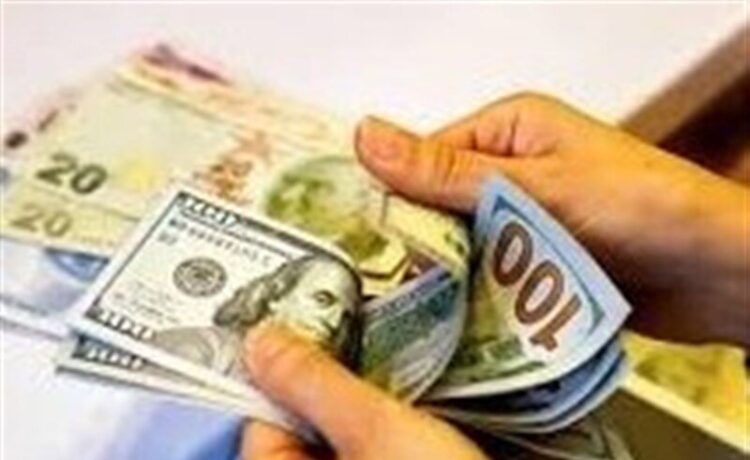TEHRAN – The Central Bank of Iran (CBI) has provided $13.635 billion in foreign currency for importing basic goods and commodities, medicines, and commercial goods since the beginning of the current Iranian calendar year (March 19, 2024).
Spokesman of Iran Center for Exchange (ICE) Asghar Balsini said of the mentioned figure $3.329 billion was supplied for importing medicines and essential goods, and the rest was for trade-commercial products.
In addition, $295 million was provided for importing technical and engineering services during this period, he stated, IRNA reported.
Balsini further said that $2.810 billion was supplied for importing basic agricultural goods including wheat, oily seeds, and animal feedstock, noting that $519 million was also provided for importing raw materials needed in the pharmaceutical industry and medical equipment.
Back in March, Iran’s Expediency Discernment Council authorized the government and the state management apparatuses, including the CBI, to spend 13.6 billion euros at a preferential exchange rate for the import of basic items such as agricultural products, medicine, and its raw materials as well as medical equipment.
Council members took the decision on the import fund allocation while meeting under the chairmanship of Ayatollah Amoli Larijani to discuss and review the budget for the current financial year.
They stressed that the government would offer preferential rates for clearing or exchanging foreign resources resulting from the export of oil, gas, and gas condensates for the import of “only basic agricultural goods and medicine”, the list of which was approved by the Council of Ministers at the end of April.
The imports are overseen by a working group consisting of the first vice president, the head of the central bank, the head of the country’s planning and budget organization, the minister of economic affairs and finance, the minister of agriculture as well as the minister of industry, mining, and trade.
The Minister of Health along with other relevant bodies are also required to implement and monitor the allocation, distribution, and use of currency for medicine and equipment.
In addition, the central bank is obliged to prepare monthly reports on the implementation of Clause 4(A) of the Budget Law.
EF/

















